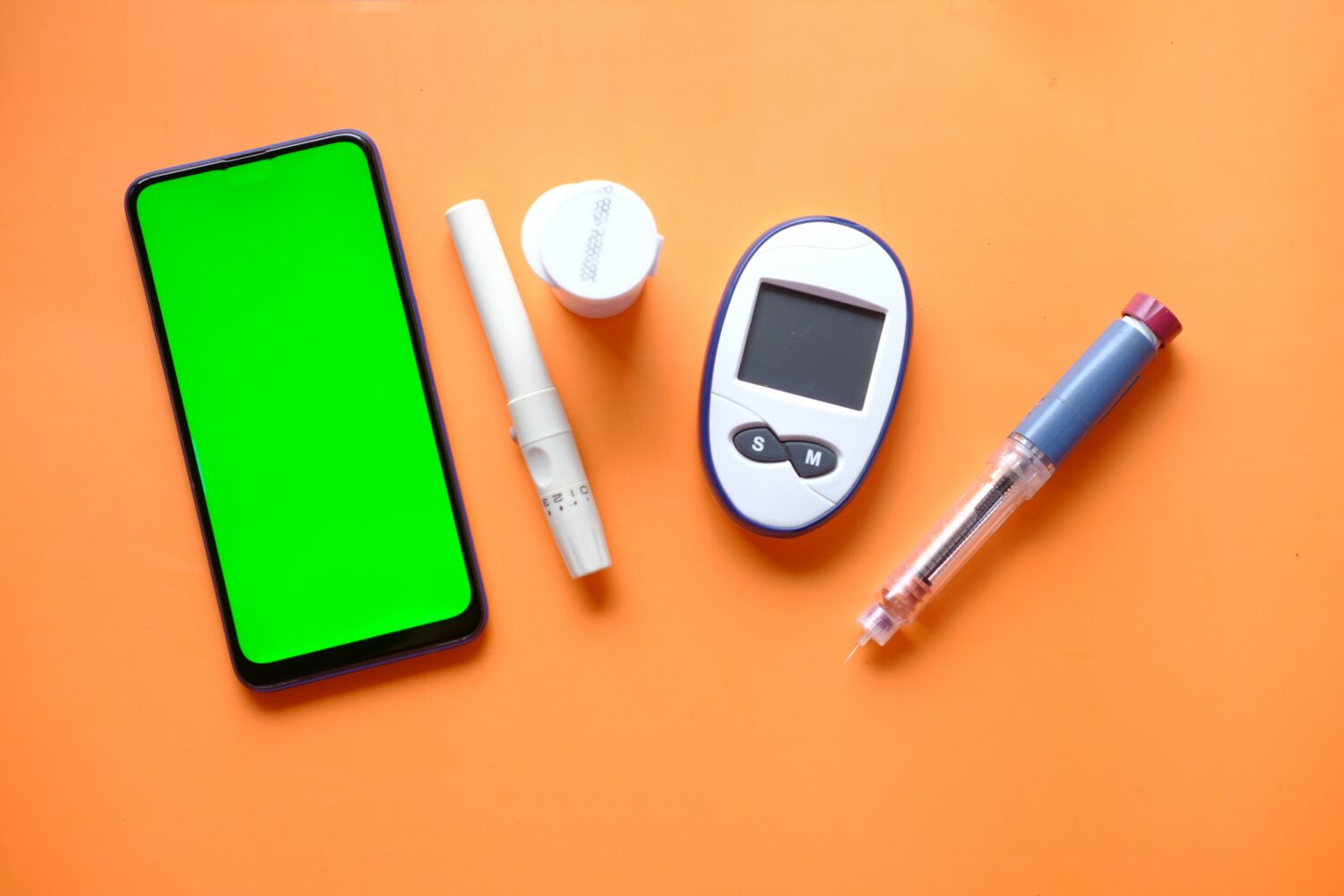
What You Should Know:
– In an initial trial of continuous glucometer use, faulty device adhesive — a serious wearability challenge — and patient difficulty in interpreting graphs produced by the device, were noted. In a subsequent trial, 70 older adults with diabetes wore glucometers and activity monitors and used smartphones and electronic medication bottles to track and manage blood sugar over a two-week period.
– Among these 70 patients, two-thirds of whom were African American and more than half of whom were female, nearly one in four indicated that prior to the study, they had not checked blood sugar.
Problems and Impacts of Blood Sugar Monitoring Devices For the Elderly
A study conducted by Regenstrief Institute research scientists to examine the use, by older adults with Type 1 or Type 2 diabetes, of continuous glucose monitors and other wearable devices to assess and manage low blood sugar, has found that these tools pose both wearability and use problems for patients and their caregivers.
Diabetes is more common in the older population than the general population, with as many as one in five older adults having the disease. Hypoglycemia, also known as low blood sugar, is especially common in people with diabetes because of their medical condition as well as the treatment that they receive for it. Both diabetes and hypoglycemia convey independent risks for dementia. Diabetes confers approximately a two-fold increased risk of dementia. The frequency of low blood sugar episodes among people with diabetes adds to the risk of dementia, independently.
Among the major findings of the study:
1. Study participants found glucose monitors and other wearable devices tricky to use, suggesting a need for device manufacturers to improve the wearability and usability of the devices.
2. Study participants were very interested in understanding their numbers (such as glucose levels) and the implications of these numbers.
3. Nearly three-quarters of the study participants had low blood sugar (hypoglycemia), suggesting the need for monitoring devices to lead to more direct and effective management of blood sugar among older adults.
“That 73 percent of those in our study had low blood sugar is extremely concerning because hypoglycemia should always be addressed.
“Although a smartphone is very commonly used with continuous glucometers, we found that when we issued smartphones to study participants, they often didn’t carry the phones with them, contributing to the fact that, during the study, one-third of daytime phone prompts about medications, behaviors, and symptoms were ignored,” said Dr. Weiner. “And while I think there is a lot of future potential to use electronic medication bottles, we found study participants didn’t use them correctly or didn’t appropriately transfer their oral medications to the bottles.”
“Continuous Glucose Monitoring and Other Wearable Devices to Assess Hypoglycemia among Older Adult Outpatients with Diabetes Mellitus” is published in the peer-reviewed Applied Clinical Informatics. The study was supported by the Agency for Healthcare Research and Quality.
